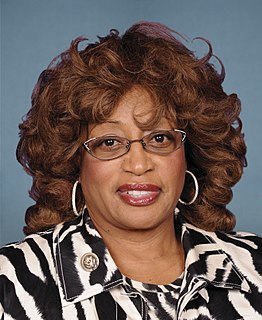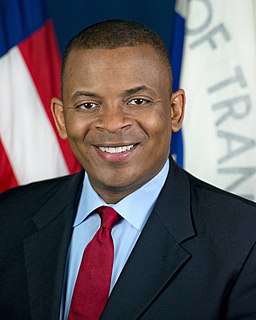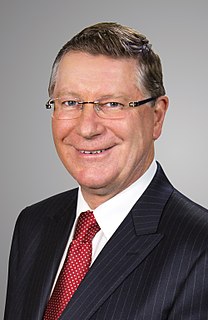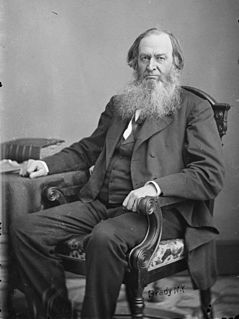A Quote by Bill Lipinski
Beyond highways and roads, we need more money for mass transit, intercity passenger rail and freight rail. We have a long way to go to bridge the funding gaps.
Related Quotes
It is true that we need a consensus to go forward with restoring passenger rail in America, and often a consensus is formed by political action, via government. That is all true. But we have no such consensus, and no one in government or politics these days has the will or the force of personality or perhaps even the understanding of the situation to get on with job of forming a consensus supporting rail.
Our decisions about transportation determine much more than where roads or bridges or tunnels or rail lines will be built. They determine the connections and barriers that people will encounter in their daily lives - and thus how hard or easy it will be for people to get where they need and want to go.
































